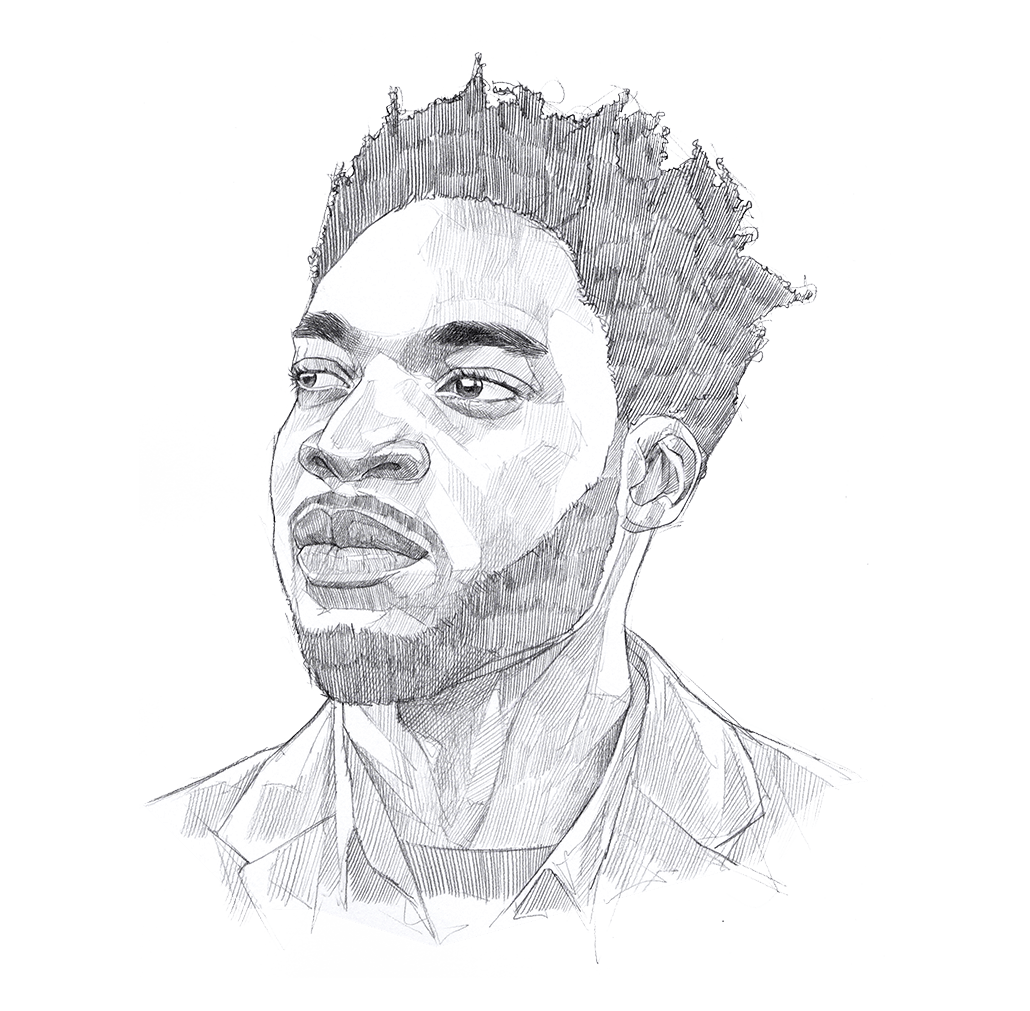Trust is a huge thing
I think trust is a huge thing. I feel that in these situations, the onus is not on the victim, the onus is on the supporter to show the victim, like, "You can trust me. I'm here for you. This is between us; and I'm going to take you seriously," and doing this from the very beginning. Um, because, if not, if you're a victim, and you're going to someone that you don't fully trust, you're either gonna withhold some information, or, you might not want to open up in the first place. You're going to be dealing with so many different emotions, on top of the emotions that you're already going through. So, I think it's really important for you, if you're going to be an ally and supporter to show that you're trustworthy; to show that you're transparent; to show that you believe the person, and just show that you genuinely want to want to help. You're not worrying about an assignment tomorrow, or you're not worrying about picking up your younger brother later. You're fully in this moment with that person as they're communicating to you.
Recommendations
-
Use open-ended questions and collaborative communication when supporting a victim/survivor.
-
Present learning materials in a way that is helpful to a friend supporting a victim/survivor.
-
Make supports available to members of the university community who receive disclosures, or raise awareness of these supports within university communities where they already exist.

